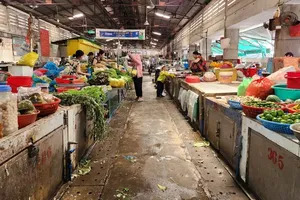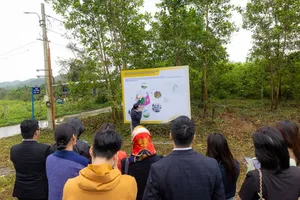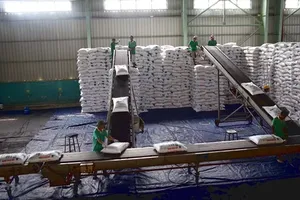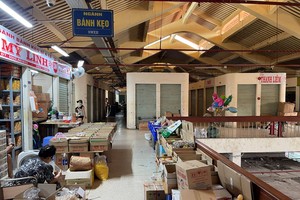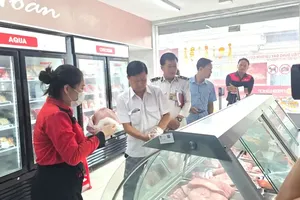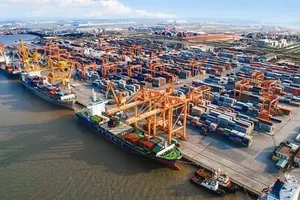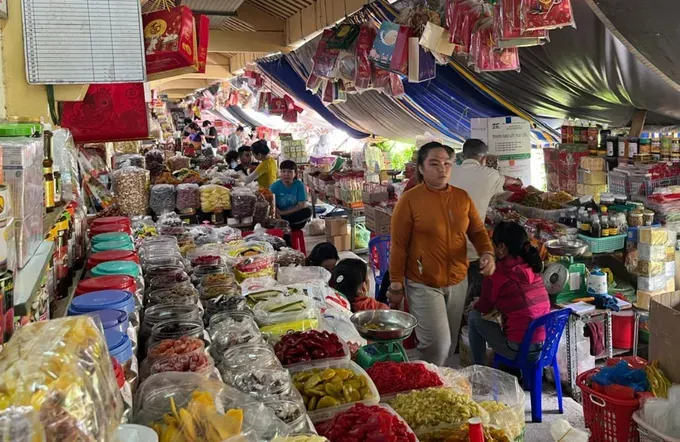
Deputy Director Nguyen Nguyen Phuong of the Ho Chi Minh City Department of Industry and Trade, recently announced that the department has submitted a report to the Propaganda and Mass Mobilization Commission of the Ho Chi Minh City Party Committee regarding the current status of traders operating in local traditional markets.
The report highlights that traditional market traders are grappling with significant challenges due to mounting pressure from e-commerce and rising operational costs. New regulations introduced in the first half of 2025—concerning electronic invoices, taxation, and mandatory social insurance—have also had a substantial impact on traders' business operations.
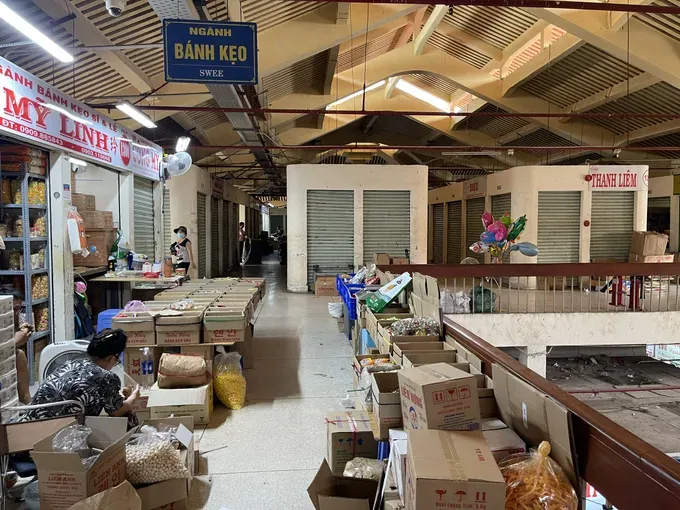
The city is home to 231 markets, comprising three major wholesale markets and 228 community-based retail ones. The new regulatory framework governing electronic invoices, taxation, and compulsory social insurance implemented in the first six months of 2025 has significantly disrupted their business activities.
For instance, while essential goods like fresh food, produce, beverages, and flowers have maintained a consistent customer base, many other sectors are stuck in a slump, leading some merchants to temporarily cease operations.
The construction materials, machinery accessories, and household goods sectors have recorded a 20 to 40 percent drop in customer traffic. The decline is even more acute for groceries, clothing, and footwear, with a 50-to-70-percent reduction. The fabric sector has borne the brunt of the downturn, suffering a staggering 60-to-90-percent loss in customers compared to pre-2019 levels.
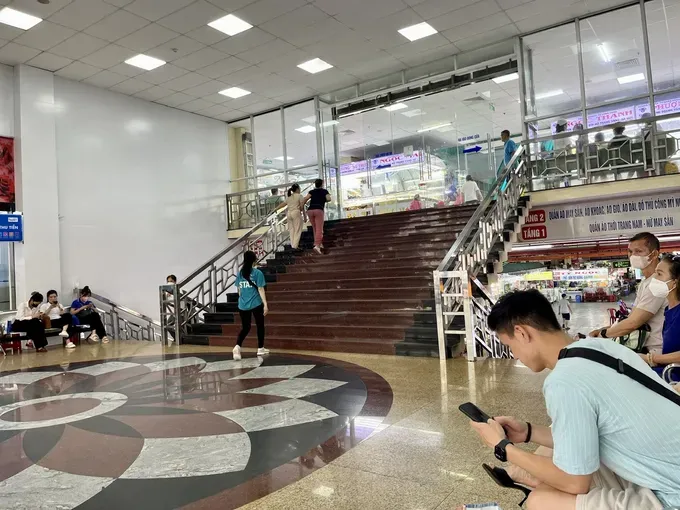
In its analysis, the HCMC Department of Industry and Trade attributes this decline to several factors, including a consumer shift towards ready-to-wear apparel and intense competition from e-commerce platforms, which offer superior variety, competitive pricing, aggressive promotions, and flexible delivery options.
Many wholesale buyers have also transitioned to placing orders via telephone, compelling some merchants to suspend their physical market presence. They have relocated their operations to their homes to curtail expenses, repurposing their market stalls as storage facilities or simply to maintain contact with their established clients.
The proliferation of unregulated, spontaneous street vendors surrounding the markets has exacerbated the situation. Merchants are also under pressure from the new regulations and rising costs. Although they generally recognize the importance of tax and social insurance compliance, implementation has been fraught with obstacles. Approximately 50 percent of these merchants are over the age of 50, often with limited technological literacy, making the use of electronic invoices challenging and fueling anxieties about potential penalties for procedural errors.
Furthermore, a shortage of personnel with formal accounting qualifications presents a significant hurdle. Operating expenditures have surged, driven by higher prices for electricity and water, increased garbage collection fees, and the capital outlay required for electronic invoicing equipment.
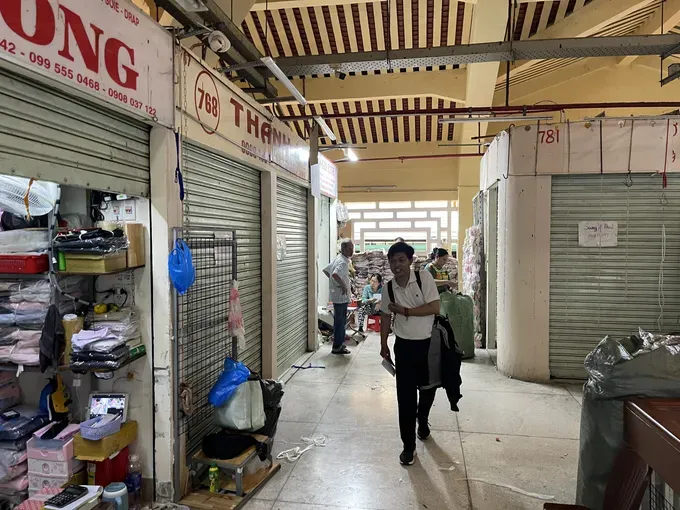
Beyond the aforementioned difficulties, several challenges related to the rollout of electronic invoices generated from cash registers have been highlighted. Specifically, determining revenue in a market setting, where most merchants operate under a presumptive tax scheme, is problematic. This ambiguity has made it difficult to clearly identify which businesses fall under the purview of Decree No. 70/2025/ND-CP, issued on March 20, 2025, causing considerable confusion among merchants.
Cases have emerged where merchants’ tax liabilities are being artificially inflated because their suppliers issue retail invoices directly to them. This fraudulent practice complicates the process of accurately determining past revenue when merchants are required to review and declare their earnings to the tax authorities.
Moreover, as of now, local tax agencies have yet to determine whether or not wholesale vendors at major wholesale and grade-1 markets are required to adopt electronic invoices generated from cash registers with a direct data link to the tax authority. This lack of clarity has stalled implementation efforts by market management organizations.
Confronted with these challenges, the HCMC Department of Industry and Trade is actively deploying various solutions. It has also submitted official recommendations, urging the competent authorities to consider a more flexible and phased implementation roadmap for the new regulations related to e-invoice, tax, and social insurance. The proposal suggests staggering the rollout based on different merchant groups to provide them with an adequate adaptation period.
Crucially, the department advocates for policy mechanisms to subsidize electricity, water, and waste disposal fees, as well as the cost of acquiring necessary equipment. It also calls for waiving the fees for issuing e-invoices to safeguard social welfare and level the playing field against unregulated street vendors. Additionally, there is a pressing need for decisive and sustained action to dismantle existing spontaneous vending spots and prevent new ones from emerging, particularly in the vicinity of established markets.
A week ago, the HCMC Department of Industry and Trade also circulated a formal dispatch to Regional Tax Department II, the People’s Committees of Thu Duc City and all districts, and the HCMC Market Management Department, calling for coordinated efforts to support business households and merchants across the city in adopting e-invoices generated from cash registers.
